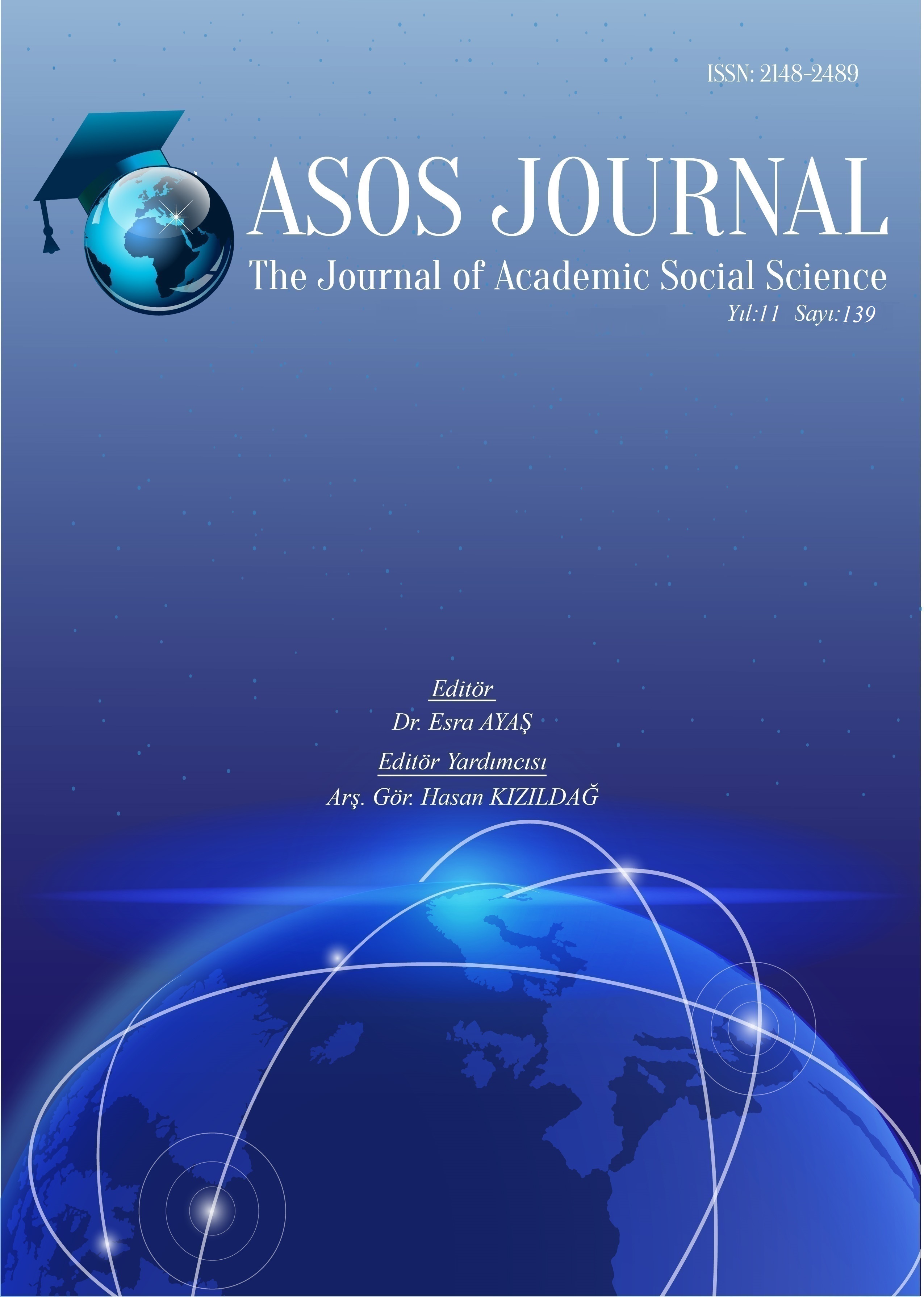Author :
Abstract
Üniversite çeşitli etkinlik veya faaliyetler neticesinde sosyal, kültürel, sportif, psikolojik vb. açıdan bireyi geliştiren ve kişiye dokunan kurumlardır. Bu açıdan bakıldığında üniversite öğrencilerinin spora yönelik tutumları ile empati düzeylerinin incelenmesi amaçlanmıştır. Araştırmada ilişkisel tarama modeli kullanılmıştır. Örneklem grubu ise, Sakarya Üniversitesinde spor alanı dışında lisans eğitimi alan üniversite öğrencilerini kapsamaktadır. Araştırmaya 224 üniversite öğrencisi katılmıştır. Çalışmada anonim olarak hazırlanmış bilgi formu, Koçak (2014) tarafından öğrenciler üzerinde geliştirilen ‘’Spora Yönelik Tutum Ölçeği’’ ve Spreng vd., (2009) tarafından yapılan, Totan vd., (2012) tarafından Türkçeye uyarlanan ‘’Toronto Empati Ölçeği’’ kullanılmıştır. Çalışmanın analizinde frekans ile yüzde, tanımlayıcı istatistik, bağımsız t testi, tek yönlü varyans analizi ve korelasyon analizi kullanılmıştır. Çalışmanın bulgularında ise, spora yönelik tutumun alt boyutlarından psikososyal ve fiziksel gelişmenin empati ile pozitif yönde ilişki bulunurken (p<0,05), zihinsel gelişme ve empati arasında herhangi bir ilişki çıkmamıştır.(p>0,05). Bunun yanında cinsiyet değişkenine bakıldığında spora yönelik tutumun alt boyutlarında anlamlı farklılık bulunmazken(p>0,05), empati düzeyi incelendiğinde kadınların puan ortalamasının erkeklere göre yüksek çıktığı fark edilmiştir (p<0,05). Yaş değişkeninde fiziksel gelişme ve empati düzeyinde, günlük fiziksel aktivite yapma sıklığı değişkeninde ise empati düzeyinde anlamlı farklılık bulunmuştur(p<0,05). Yaşanılan yer ve günlük internet kullanma sıklığı değişkeninde ise anlamlı farklılık çıkmamıştır(p>0,05).
Keywords
Abstract
As a result of various activities or activities, the university provides social, cultural, sportive, psychological, etc. In this respect, they are institutions that develop and touch the individual. From this point of view, it is aimed to examine the attitudes and empathy levels of university students towards sports. Relational screening model was used in the research. The sample group, on the other hand, includes university students who received undergraduate education at Sakarya University, other than the field of sports. 224 university students participated in the research. The information form prepared anonymously in the study, "Attitude Scale Towards Sports" developed by Koçak (2014) on students and Spreng et al. (2009), Totan et al. (2012) "Toronto Empathy Scale" adapted into Turkish was used. Frequency and percentage, descriptive statistics, independent t-test, one-way analysis of variance and correlation analysis were used in the analysis of the study. In the findings of the study, while psychosocial and physical development, which is one of the sub-dimensions of attitude towards sports, was positively related to empathy (p<0.05), there was no relationship between mental development and empathy (p>0.05). In addition, when the gender variable was examined, there was no significant difference in the sub-dimensions of the attitude towards sports (p>0.05), while when the empathy level was examined, it was noticed that the mean score of women was higher than that of men (p<0.05). A significant difference was found in the level of physical development and empathy in the age variable, and in the level of empathy in the frequency of daily physical activity (p<0.05). There was no significant difference in the variable of living place and daily internet usage frequency (p>0.05).





